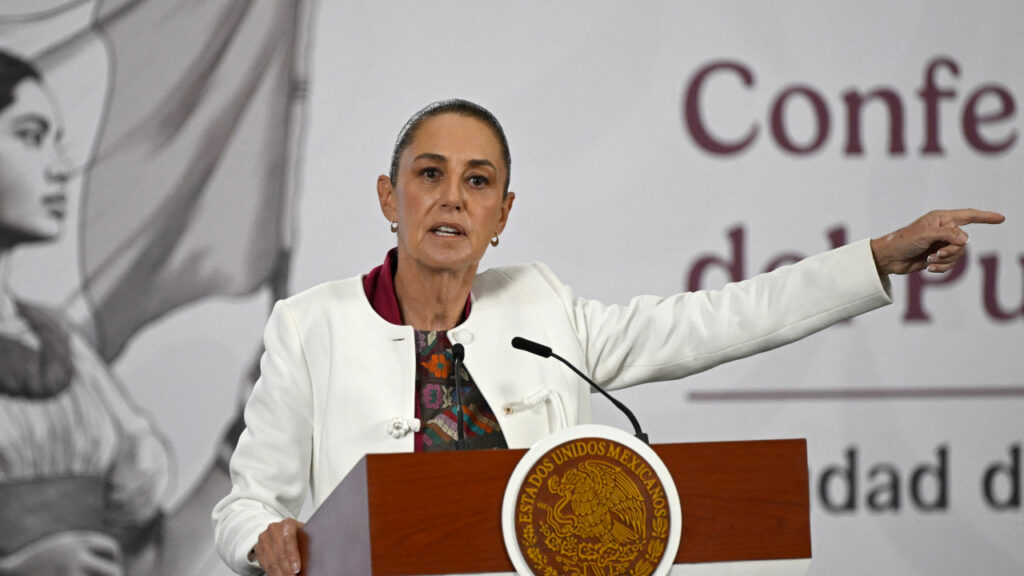
Weeks After Competing in the Paris Olympics, Ugandan Runner Rebecca Cheptegei Dies in Horrific Act of Domestic Violence
The world is reeling after the horrific death of 33-year-old Ugandan marathon runner Rebecca Cheptegei, who was set on fire by her boyfriend over a land dispute.
Cheptegei, an Olympic athlete, had just competed in the Paris Olympics weeks ago, finishing 44th. Still, now, her promising future has been stolen in a brutal act of violence that has left the sports world in mourning.
On Sunday, in her home in Trans Nzoia County, Kenya, Cheptegei’s boyfriend, Dickson Ndiema, doused her in gasoline. He then proceeded to set her ablaze after a dispute. Despite the efforts of medical staff at Moi Teaching and Referral Hospital, where she was admitted with burns covering 75% of her body, Rebecca Cheptegei succumbed to her injuries early Thursday morning.
The news has sparked outrage, not just in Uganda and Kenya but worldwide, as calls for justice grow louder
“The couple were heard quarreling outside their house,” Trans Nzoia County Police Commander, Jeremiah ole Kosiom, told journalists. “During the altercation, the boyfriend was seen pouring a liquid on the woman before burning her.”
This is the third high-profile case of a female athlete being murdered in Kenya in the last three years. Each case underscores the urgent need to address gender violence in society. Particularly within elite sporting circles where women athletes continue to face heightened risk.
Rebecca Cheptegei: A legacy of strength and achievement
Rebecca Cheptegei was no stranger to challenges. Born and raised in Uganda, she had established herself as a formidable marathon runner on the international stage. Last month, she proudly represented her country at the 2024 Paris Olympics. She previously took home gold at the 2022 World Mountain and Trail Running Championships in Thailand. Her passion for running was deeply intertwined with her love for community and home. Cheptegei had moved to Kenya, where she purchased land in Trans Nzoia County to be closer to the country’s many athletic training centers.
However, it was this very land that led to the deadly altercation with Ndiema. Local reports state that the couple had been arguing over ownership in the days leading up to the attack. As the Uganda Athletics Federation mourned her passing, they strongly condemned the act of violence, describing it as a cowardly and senseless attack that took the life of an inspiring athlete.
Kenyan Sports Minister Kipchumba Murkomen described Cheptegei’s death as a loss “to the entire region.”
“This tragedy is a stark reminder that we must do more to combat gender-based violence in our society, which in recent years has reared its ugly head in elite sporting circles,” he said in a statement.
A systemic crisis in elite sports
Cheptegei’s tragic death isn’t an isolated incident. In recent years, several prominent female athletes in Kenya have been victims of domestic violence. In 2021, long-distance runner Agnes Tirop was murdered by her husband. And in 2022, Bahraini athlete Damaris Mutua was found strangled to death. These cases point to a pattern of violence against women athletes, raising the question: How many more women have to die before action is taken?
Sports Minister Kipchumba Murkomen expressed his condolences but also stressed the need for society to do more to combat gender-based violence. This epidemic continues to rear its ugly head, particularly in elite sporting circles. The killing of these athletes reflects a much larger societal issue that has gone unchecked for too long.




